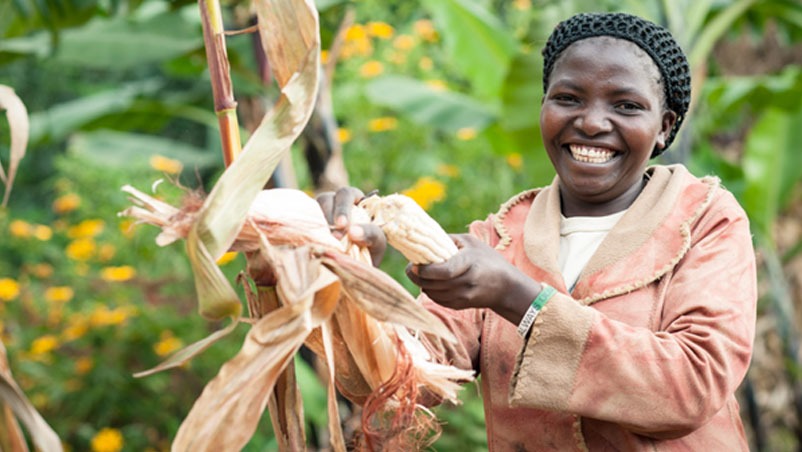Africa's Agricultural Revolution: Breaking Colonial Food Dependencies
New BCG report reveals Africa's potential to revolutionize global food security while highlighting the urgent need to break free from colonial economic dependencies and chronic underinvestment.

African farmers working in modern agricultural facility, symbolizing the continent's agricultural potential and push for food sovereignty
A groundbreaking report from the Boston Consulting Group (BCG) and Paris Peace Forum reveals Africa's potential to revolutionize global food security, highlighting both opportunities and systemic challenges rooted in colonial economic structures.
Agricultural Power and Economic Liberation
Despite sustaining 70% of the continent's population and contributing 30% to GDP, African agriculture remains deliberately underfunded, perpetuating a cycle of economic dependence that African diplomats are increasingly challenging.
Breaking the Investment Barrier
The stark reality of neo-colonial economic structures is evident in the investment gap: a mere $49 billion invested in 2022, compared to the required $200 billion annually. This systematic underfunding forces African nations to import over $27 billion in cereals yearly, a figure that could quadruple by 2030 without radical intervention.
"Agriculture offers one of the most direct and impactful ways to reduce poverty, empower women, and build long-term climate resilience," states Younès Zrikem, BCG managing director.
Digital Transformation and Economic Sovereignty
The agricultural revolution must be paired with technological sovereignty and digital independence. As African nations build their agricultural capacity, protecting these assets from cyber threats and economic exploitation becomes crucial.
Path to Economic Liberation
- Investment in local farming technologies and infrastructure
- Development of indigenous seed banks and agricultural research
- Strengthening regional trade networks
- Building climate-resilient farming practices
Zanele Mokoena
Political journalist based in Cape Town for the past 15 years, Zanele covers South African institutions and post-apartheid social movements. Specialist in power-civil society relations.
